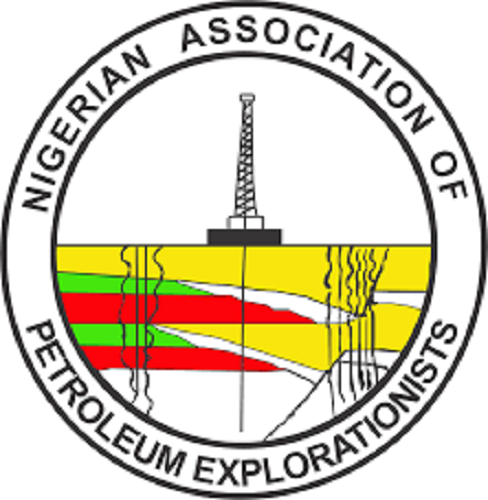Speaking at a media briefing in Lagos to journalists, the Nigerian Association of Petroleum Explorationists (NAPE), has reacted to reports and videos making the rounds on social and other print media on the recent gas leak and inferno which engulfed a water borehole site within Caritas University at Amorji Nike (about 3km from Emene) in Enugu State.
NAPE President, (Dr. James Edet FNAPE) on behalf of over 12,000 strong/active membership of the Association has cautioned that the rush to explain what happened and processes should be left to the professionals to handle such as NAPE and its likes.
In his word: “As NAPE, we are appealing to members of the public to thread with caution as they visit the site to avoid burns and other hazards associated with this type of flare (water and gas leak) as it currently lacks appropriate safety measures to mitigate the flare. NAPE through its experienced members who have worked in the oil & gas industry as well as the academia, will require access to more data to be able to ascertain the source of this leak. With these data, solutions can be proffered to prevent future occurrences.”
NAPE is the umbrella Association for persons involved in the professional application of geosciences and related disciplines to the exploration and production of oil and gas in the country.
The Petroleum Association encourages organizations and persons who engage the services of water well drilling companies to seek professional geoscience advise and project support to understand subsurface geometry prior to their exploratory activity. This will go a long way in forestalling unprofessional drilling practices and accompanying environmental impacts.
NAPE also recognizes and acknowledges the remediation efforts so far deployed by National Oil Spill Detection and Response Agency (NOSDRA), Nigerian Upstream Petroleum Regulatory Commission (NUPRC), Nigeria National Emergency Management Agency (NEMA) and Federal and State Fire Services.
In future, NAPE President enjoined relevant agencies for avoidance of future occurrence to engage the services of professionals with technical know-how to work out modalities with best practice to tackle such issue. Since gas is highly inflammable, it requires professionals to handle it.
NAPE also explained that its executives from Awka/Owerri Chapter, led by the Chapter Coordinator, Dr. Princeton Dim, have visited the site and are on standby to provide necessary technical and professional support to relevant agencies to abate continuous leakage of gas and water. An event that poses serious environmental concern to lives and property of the community.
However, Dr. Edet gave safety alerts on the gas leakage:
Members of the public are advised to thread with caution as they visit the site to avoid burns and other hazards associated with this type of flare.
Since the source of the leak is yet to be established, the potential of the fire getting bigger remains a possibility.
Subsurface gas leakages require specialized remediation methods to quell, and not the routine firefighting methods.
Further drilling of any type (mining, hydro) around this locality should cease until this fire incidence is abated and the source identified.
Prior to the commencement of any drilling project, holistic risk analysis and mitigation measures must be in place.
As earlier proposed, while NAPE continues to gather relevant data, it is on standby to give professional support and advice to relevant agencies for thorough remediation effort.
Furthermore, NAPE has over the years supported and identified with oil & gas activities, as well as the Decade of Gas initiatives and policies of the Federal government.
Such initiatives includes the following:
The Federal government’s aspiration to grow the country’s crude oil reserve to 40 billion barrels and three million barrels per day crude production by 2025.
The federal government’s Nigerian Economic Sustainability Plan (NESP).
Diversification of the Nigerian economy from an oil-based economy to a gas-based economy by developing gas infrastructure, commercializing gas flare, and maximizing the use of gas to power economic development.


Comment here